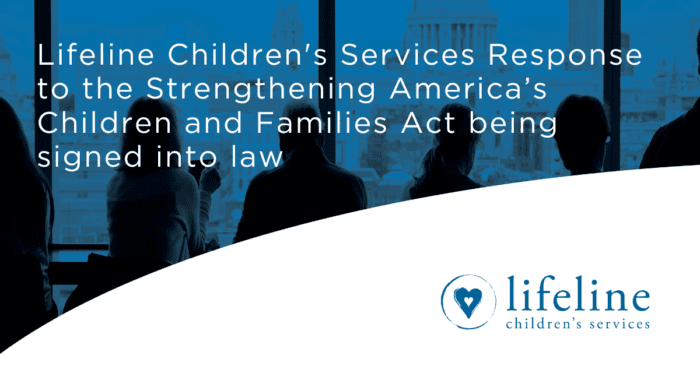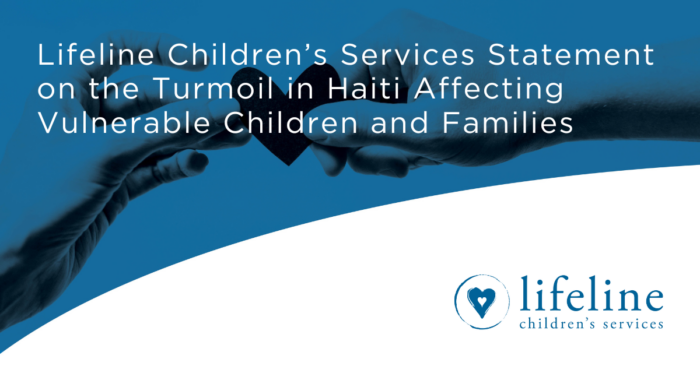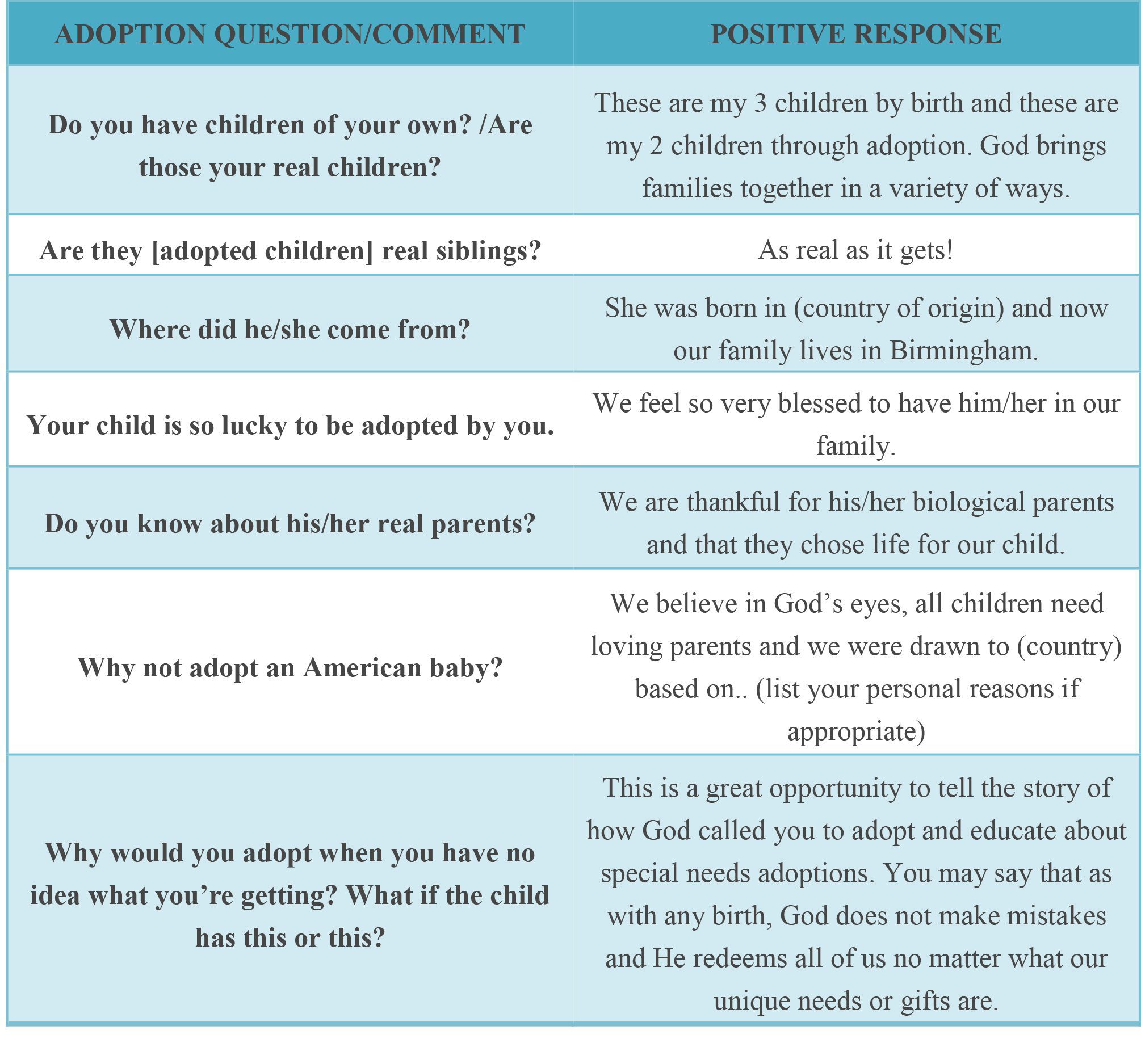Disclaimer: This blog is not intended to shame those who have asked these questions. After hearing from many parents, we have learned that most of them welcome questions and appreciate opportunities to talk about their adoption! They understand that most questions are innocently asked. The purpose of this blog is to assist adoptive families in how to respond gracefully to difficult and sometimes intrusive questions. Please look for Part Two of this blog coming soon on how to ask questions in appropriate ways.
“Now who is there to harm you if you are zealous for what is good? But even if you should suffer for righteousness’ sake, you will be blessed. Have no fear of them, nor be troubled, but in your hearts honor Christ the Lord as holy, always being prepared to make a defense to anyone who asks you for a reason for the hope that is in you; yet do it with gentleness and respect, having a good conscience, so that, when you are slandered, those who revile your good behavior in Christ may be put to shame. For it is better to suffer for doing good, if that should be God’s will, than for doing evil.” 1 Peter 3:13-17
Over the years in the post adoption department, we have noticed a certain need from Lifeline families that is not often addressed:
How can we help and encourage our Lifeline families with grace-filled responses to impolite, uneducated, or occasional offensive adoption questions and comments?
We have seen that there are many Lifeline families who may get the same curious, sometimes intrusive, questions or comments often. Most people who ask are innocently curious and do not know appropriate and healthy adoption language. Others may be intentionally rude, prejudiced, or opposed to international and/or cross-cultural adoption for various reasons. We could tell many stories of hard questions and comments, but, in this post, we want to focus on the opportunity that the difficult questions or comments present: the opportunity to educate others through your story of adoption, to show the grace of Christ in your response, and even to talk about God’s spiritual adoption of us, His orphaned children.
In the frustrating and annoying moments of hearing yet another “Where is she from?” or “Do you have your own children?” it is easy to get discouraged when you don’t know what to say or how to say it. We on the post team want to encourage you to take heart in the fact that these people are asking questions. They want to learn and understand more about adoption. One Lifeline mom pointed out that she looks at an adoption-related question or comment as “an occasion to be reminded of all the joy [God] has blessed us with through the miracle of adoption!” Another mom stated that adoption has “made [her] an evangelist.” As an adoptive family, you are in a unique situation to show others the grace of Christ in your response to demanding questions and comments.
Peter alludes to this heart attitude when he writes, “…in your hearts honor Christ the Lord as holy, always being prepared to make a defense to anyone who asks you for a reason for the hope that is in you; yet do it with gentleness and respect…” What a testimony of Jesus’s work in our lives, to be able to give a defense with gentleness and respect.
With that said, we also acknowledge that this issue becomes more complicated when your children are present to hear the questions and comments. We have heard many mothers express that they do not want their child’s differences pointed out constantly. While this is a very legitimate concern, it is also another opportunity to build up your child with your words, during the conversation and after. By your example, they will learn how to answer questions and comments directed at them as they grow. Please help them be firm in their identity and worth and proud of their heritage.
On the other hand, your responses will probably vary based on whether your child is present or not. One polite way of deflecting a question you do not want to answer in front of your child is to say “I’m sorry, I can’t discuss that at the moment, but I would love to talk to you about it another time!” Take advantage of times when your little one is not present to educate others in more detail. However, always be vigilant about protecting the privacy of your child’s personal story. Ask yourself, “Would my child want to hear that detail about him/herself from someone else (or online) later in life?” One adoptive mom said her “litmus test” consists of asking herself, “how [would I] feel at 5 or 7 listening to my own mom talk to this person”? She went on to say that if it would have made her feel valued, loved, and special, she feels the freedom to say it.
And finally, we want to remind you to give yourself grace. You will not always say the right thing or even know what to say at all. When you respond in a way that is negative, sharp, or overly disclosing, acknowledge it to yourself, the person it was directed toward, and especially to your child. Authenticity breeds authenticity. Your child will learn to be honest and humble from your example. They will learn what grace means from you. This issue of questions and answers is only one aspect of life that grace can saturate. As you move forward in your journey, we hope you will be encouraged and empowered to engage others regarding your adoption in an open and gracious way.





